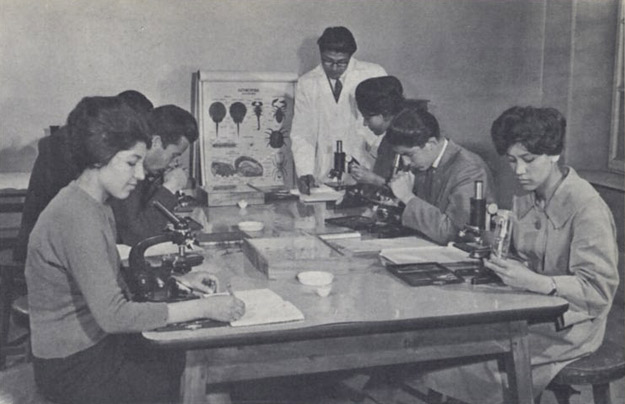By guest author Dr. Majed Ashy

Many people will be surprised at images of Afghanistan from the 1960s and ‘70s. These images do not fit the stereotypes and narratives about Afghanistan with which they have been bombarded.
Those stereotypes and narratives emphasize the extreme “otherness” of certain other nations, portraying them as dramatically different and backward.
This shaping of views cannot be achieved without selling cultural stereotypes and ignoring facts of history and the present that might challenge the stereotypes.
Alfred Adler, in his theory of individual psychology, discussed how we organize our behavior, thoughts, and emotions, and our thinking about the past, present, and the future, to achieve a goal of what he termed “the ego ideal.” Sometimes we do this at the cost of truth.
The situation of Afghanistan is an example of how wars and foreign interventions can interfere with and interrupt the natural development of nations. Defeated and invaded nations do not just lose their land, peace, and treasures; they also lose their history and their progress along a path of natural development.
In times of peace, there is a natural cultural discourse between forces for progress and forces desiring to preserve cultural traditions and identity. However, when nations experience armed intervention from outside forces who might be completely ignorant about the realities of the internal situation or want to favor one side against another, wars and other forms of violence erupt and this discourse and development are interrupted.
Wars and violence can disturb the balance between the feminine and the masculine, progress and cultural identity, and hope and fear. The conditions of invasions and wars allow and encourage the expression of the most primitive and dark forces in human nature, and shift the human imagination from beauty, development, and harmony to destruction and death, and a preoccupation with basic survival.
